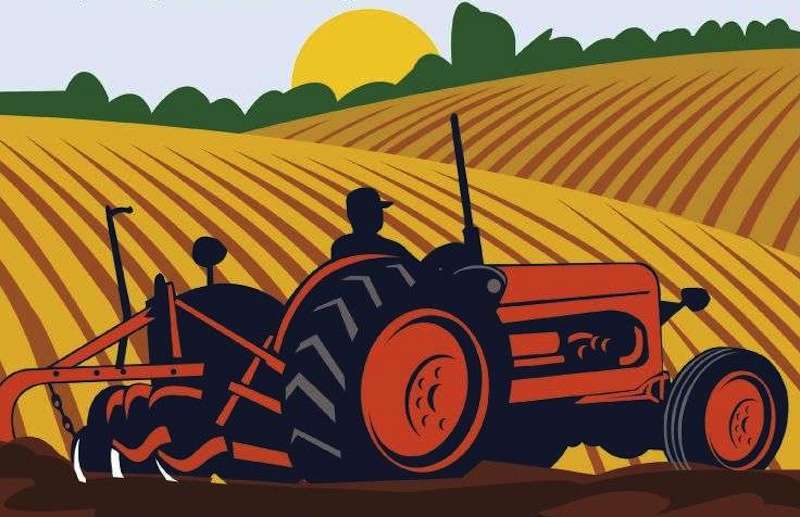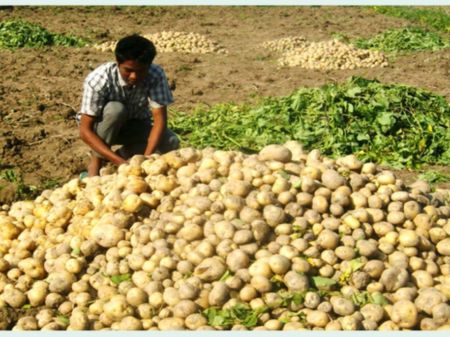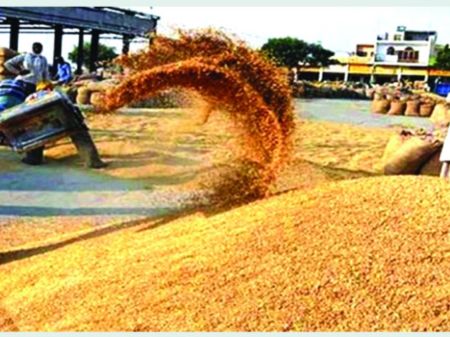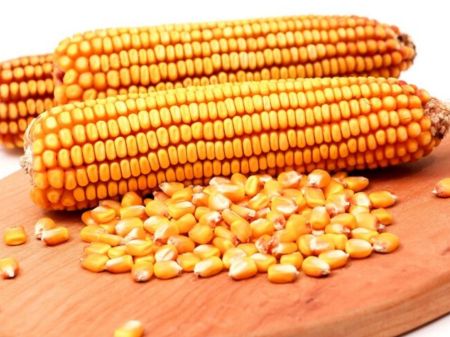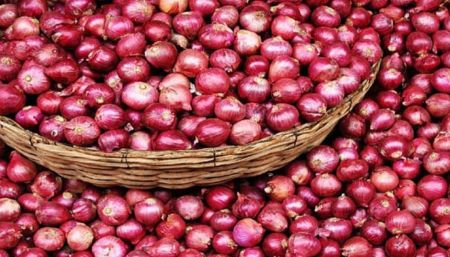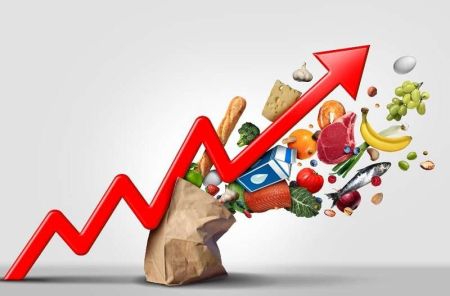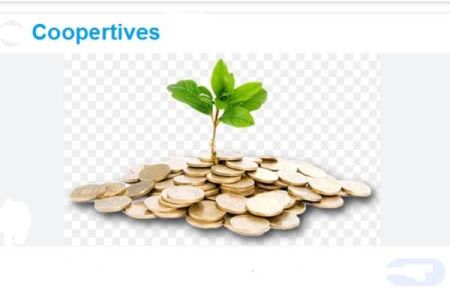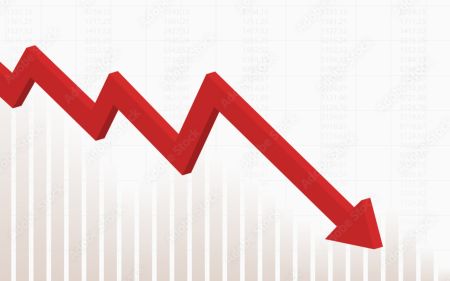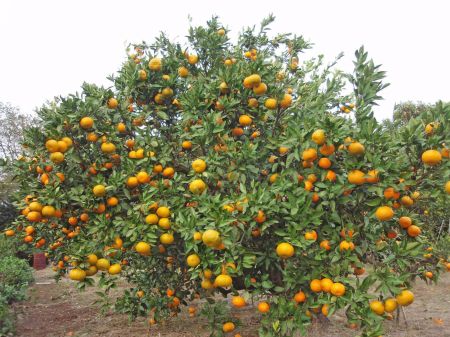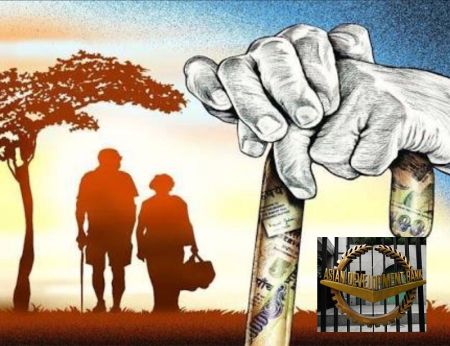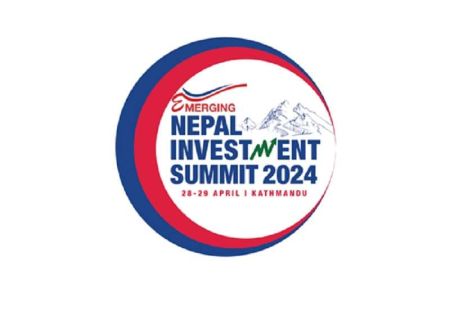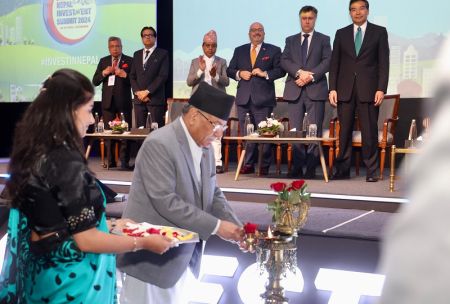April 15: In the year 2078, the agricultural sector of Nepal faced many ups and downs. Last year, neither the weather was favourable for the farmers nor the government was able to bring any encouraging programmes. Moreover, most of the programmes announced were not implemented properly. Outbreaks of armyworms were reported in maize planted in 67 districts earlier this year. The government made efforts to prevent and control the problem, but it was not effective enough to satisfy the farmers.
Dairy farmers and businessmen suffered greatly due to not being able to sell stock of powdered milk and butter worth more than Rs 3 billion at the beginning of the year as a consequence of Covid-19 pandemic and prohibitory orders. The challenges faced by the dairy business still persisted at the end of the year 2078, despite the government increasing the price of milk and milk products. While milk was surplus at the beginning of the year, there was a shortage of milk by the end of the year.
According to Prahlad Dahal, general secretary of the Nepal Dairy Association, there is a shortage of 300,000 liters of milk in the market currently as many farmers gave up on dairy business due to the pandemic. According to him, the risk of foreign milk products gaining market has increased after the decline in milk production in the domestic market. Although farmers were excited when the government increased the price of milk by Rs 10 per liter after many years, now the middlemen are making more profit than the farmers.
Just like the previous years, farmers faced shortage of chemical fertilizers in 2078 as well. Farmers in most of the districts could not get fertilizer during the main planting season. The government-owned Salt Trading Corporation failed to distribute fertilizers evenly despite having sufficient stock. Last March, the government decided to import 935,000 metric tons of chemical fertilizer for the next five years through G2G deal with the Government of India. However, there are doubts about its implementation. As the farming season is approaching, the contracted companies have not been able to import fertilizers even after the expiration of the contract period.
Farmers were also affected by natural calamities in 2078. The unseasonal rainfall from October 16 to 20 destroyed paddy crop planted in 111,069 hectares of land across the country. According to the Ministry of Agriculture, 42,113 metric tons of paddy worth Rs 11.87 billion were destroyed at that time.
Uddhav Adhikari, coordinator of the 'Agriculture for Food' campaign, also says that there were more negative impacts than positive ones for Nepali farmers and the overall agricultural sector in the year 2078 BS. According to him, it is unfortunate that the decision of the government to provide relief of Rs 5.52 billion to the affected farmers has yet to be implemented.
The unseasonal rainfall caused a loss of over Rs 50 million to the flower business which was declared 90 percent self-sufficient. But the flower producers complained that the government has not addressed the issue so far.
Similarly, less than a year after the declaration of self-reliance, the poultry industry reached a state of crisis. Poultry farmers faced problems like rising prices of raw materials and medicines in the international market, recurring bird flu and epidemics such as Ranikhet, which even led to closure of some hatchery industries after most of the farmers stopped raising chickens. The price of meat went up to around Rs 400 per kg due to the decline in poultry production. Farmers complained that the government has not taken any active initiative to prevent and control the spread of bird flu in 14 districts so far.
Towards the end of the year, there was a good news for the agricultural sector. Impactors Women's Development Society, a group of 16 young women, developed a mobile app called 'Saathi' which identifies and solves various problems encountered in agriculture through the use of artificial intelligence.


